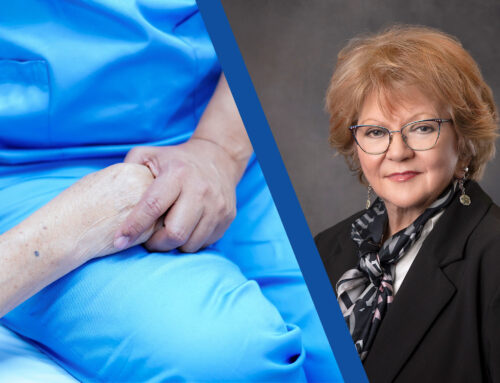Many patients already engaged in a hospice program acknowledge that they wish to have known about hospice care earlier. However, there is still a lot of work to do to inform Americans about the benefits of hospice and how they can enroll in end-of-life care.
Of course, there is always a certain reluctance to have uncomfortable conversations with our loved ones, and it is not until a doctor suggests it that we consider hospice care as an option. But there are a number of factors that prevent patients from making the decision, from lack of information to emotional reasons.
Addressing the situation
If you or a loved one is facing a serious illness that is not responding to treatment aimed at a cure, it may be time to consider hospice care. Hospice care may also be necessary if a person with a life-limiting illness is physically incapacitated, cannot tolerate the debilitation caused by treatment, or if treatment is not effective. For those with Alzheimer’s or dementia, hospice care is appropriate during the end stage of the disease.

Making the call
Anyone can contact a hospice provider, including spouses, adult children, or even patients themselves. It’s worth noting that making a call does not mean you must commit to services. While most referrals come during the final days or weeks of life, it’s entirely up to the patient to call earlier, which can be incredibly helpful for the patient and their family.
Getting Admitted
If the patient has determined to enter a hospice care program and meets the admission criteria, the provider will schedule a facility or home visit, depending on the patient’s overall condition. A registered hospice nurse will often meet with you and discuss several topics, including general information about the service, going over insurance or Medicare plan, and the specialized care options available if needed.
Setting up hospice care may seem daunting, but after following the necessary steps, you will find that it is easier than it may seem. The most crucial step is calling us or telling your doctor you want hospice care.
Please remember that hospice care does not affect life expectancy but aims to improve the quality of life during the remaining time. Most of the time, when people might be overwhelmed and don’t know where to turn, a simple phone call to us or your doctor can mean a considerable difference. At Ascend Hospice Care, we have the compassionate service to assist in this vulnerable time.




